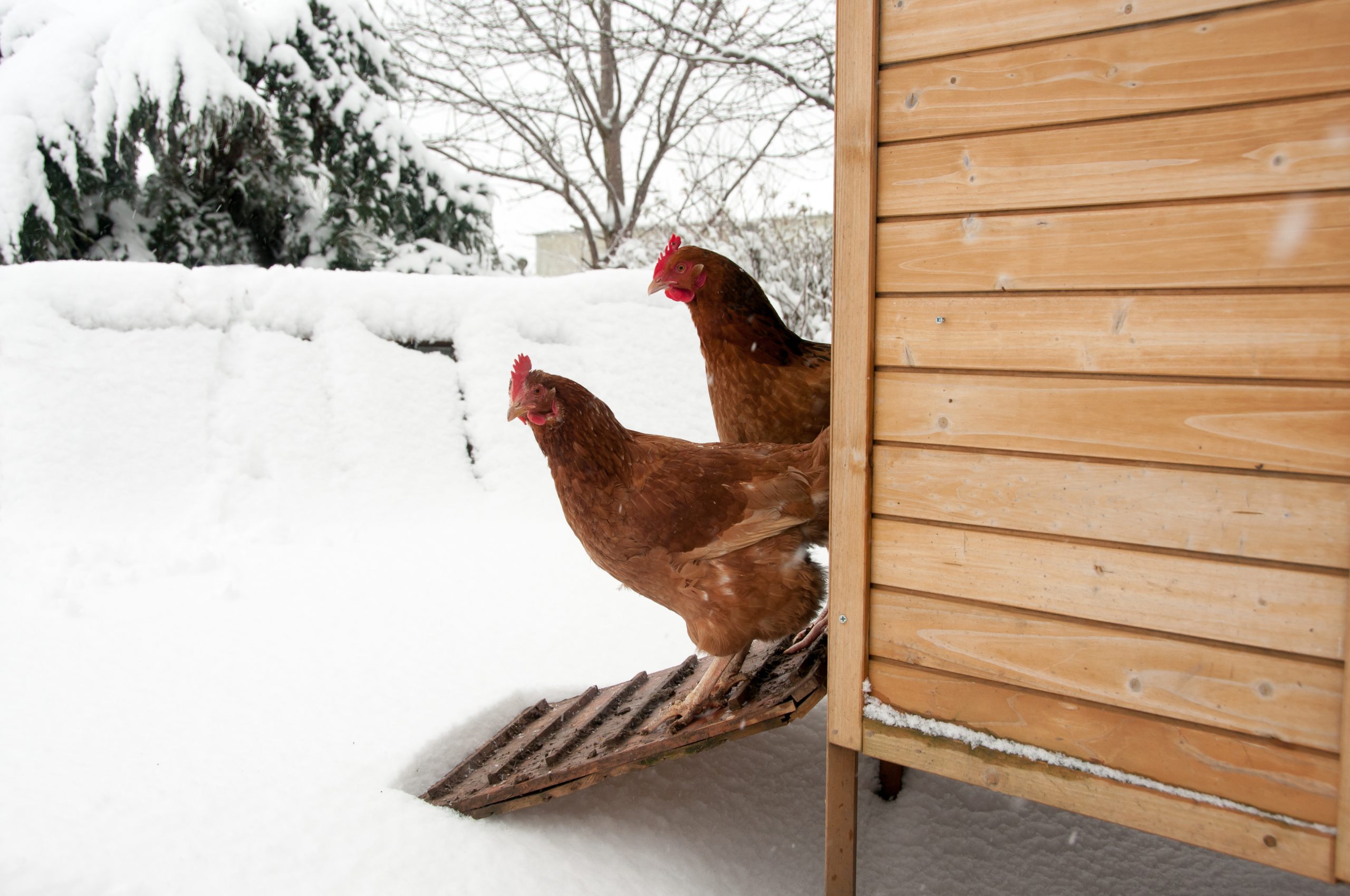Composting Chicken Manure
Composting chicken manure is a fantastic way to recycle waste and create nutrient-rich fertilizer for your garden. Not only does it provide essential nutrients for plants, but it also improves soil structure. However, it’s important to compost chicken manure properly to kill harmful bacteria before using it on fruits, vegetables, and ornamentals. Here’s an easy-to-follow guide for small flock
Why Compost Chicken Manure?
Chicken manure is packed with nitrogen, phosphorus, and potassium—key nutrients that plants need to thrive. When composted correctly, it can significantly boost your garden’s productivity. Plus, composting helps reduce waste and supports sustainable farming practices.
Getting Started
- Collecting Manure and Bedding:
- Gather chicken manure along with bedding materials like straw, wood shavings, or leaves. These materials add carbon to balance the high nitrogen content of the manure.
- Building Your Compost Pile:
- Create a compost pile in a well-ventilated area, away from waterways to prevent potential contamination.
- Alternate layers of manure and bedding with other compostable materials like kitchen scraps and garden waste.
- Aim for a mix of about 30 parts carbon (bedding, leaves) to 1 part nitrogen (manure).
- Maintaining the Right Temperature:
- To kill pathogens and weed seeds, your compost pile needs to reach temperatures between 55°C and 77°C (131°F to 170°F).
- Aerated or contained piles should maintain at least 55°C (131°F) for three days. Regularly turn the pile to ensure even heating.
- Monitoring and Turning:
- Use a compost thermometer to check the temperature regularly.
- Turn the pile every few days to aerate it and maintain consistent temperatures.
- Curing the Compost:
- After the initial high-temperature phase, let the compost cure for several weeks to a few months. This allows the compost to stabilize and mature.
Using Your Compost
- For Food Plants:
- Ensure the compost has reached and maintained the proper temperature to kill any harmful bacteria. If unsure, use the compost on non-edible plants to reduce risks.
- For Ornamentals:
- Even if the compost hasn’t been closely monitored, it can still be safely used on ornamental plants, trees, and shrubs.
Tips for Small Flock Farmers
- Compost Bins:
- Consider using compost bins to keep your pile contained and tidy. This also helps maintain the necessary heat.
- Winter Composting:
- In colder months, insulate your compost pile with straw or a tarp to keep it active.
- Garden Benefits:
- Composting chicken manure not only enriches your soil but also helps retain moisture, reducing the need for frequent watering.
By following these steps, you can turn chicken manure into a valuable resource for your garden. Happy composting!

